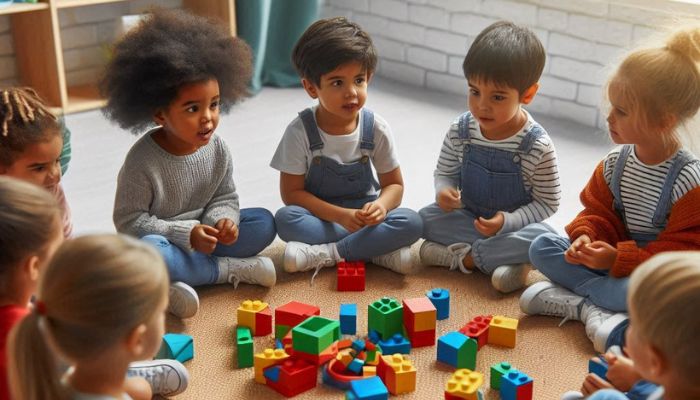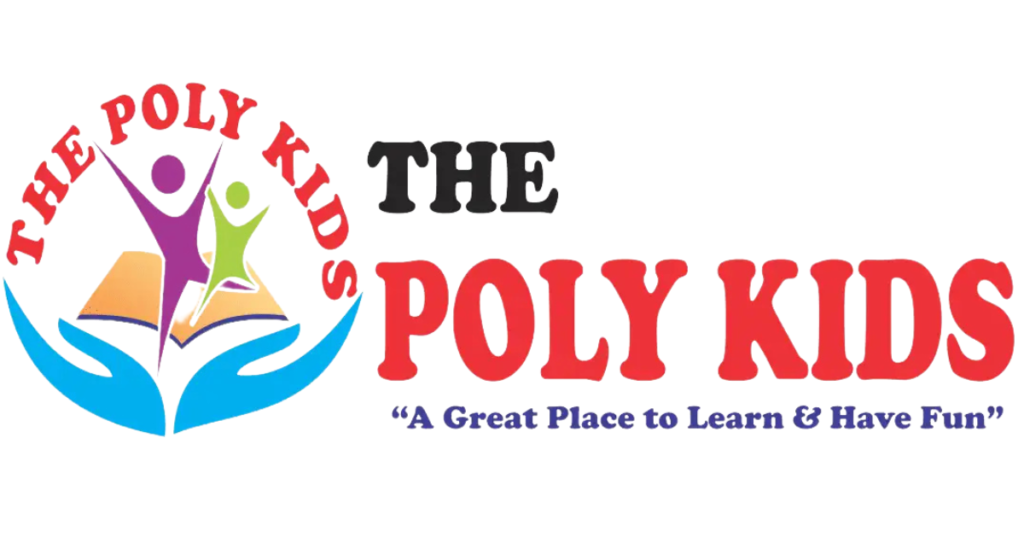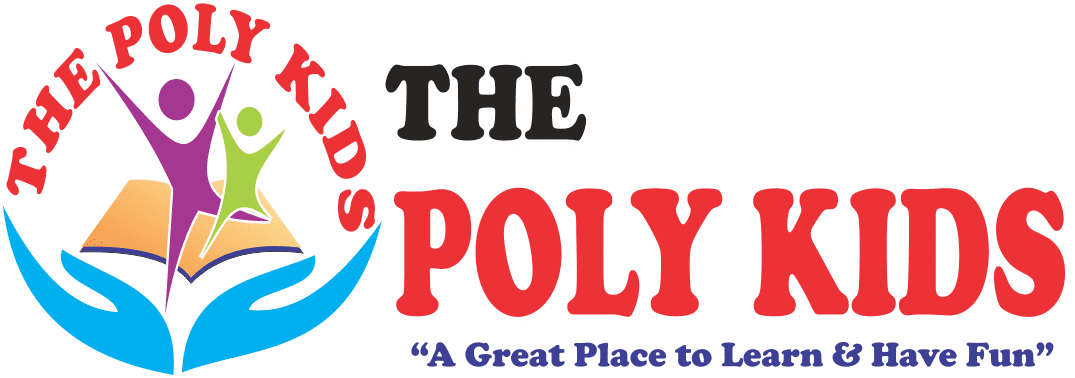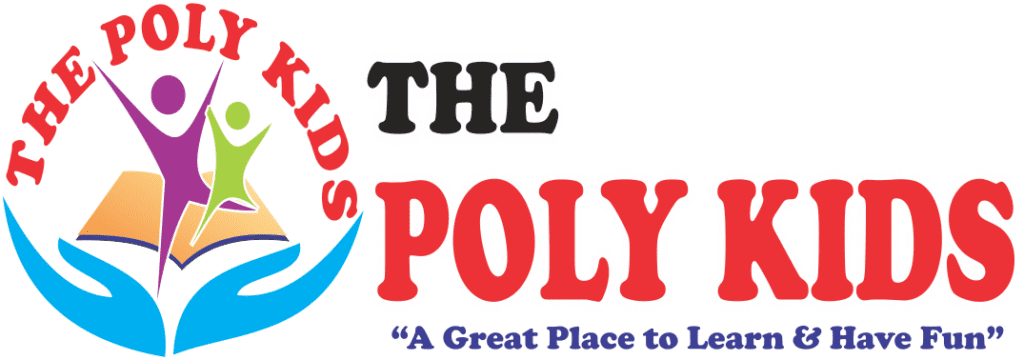How Preschool Shapes Future Leaders

As the first formal step in a child’s educational journey, preschool plays a vital role in early development, teaching children essential skills that shape their future. Preschool shapes future leaders by focusing on critical abilities, emotional intelligence, and social values that lay the foundation for effective leadership. Through hands-on learning and structured play, young minds are nurtured to become confident, responsible individuals prepared for life’s challenges.
Emotional Development as a Foundation for Leadership

Emotional intelligence is essential for good leadership, and preschool shapes future leaders by helping children understand and manage emotions. By learning empathy and self-control, children develop the ability to interact effectively with others. Activities like storytelling, group play, and conflict resolution teach children to navigate emotions and social situations constructively, fostering resilience, patience, and a balanced approach to problem-solving.
Building Communication Skills

Effective communication is a core leadership skill. In preschool, children learn to express themselves clearly and respectfully, which is a key part of building social connections. Preschool shapes future leaders by encouraging young children to communicate through both verbal and non-verbal means. Group discussions, show-and-tell sessions, and collaborative activities promote active listening and articulate speaking. These communication skills are fundamental for future leaders to convey their ideas and connect with others.
Critical Thinking and Problem-Solving

Preschool programs inspire children to question, observe, and analyze, laying the groundwork for critical thinking. From simple puzzles to interactive science activities, these early experiences encourage logical thinking. As preschool shapes future leaders, children are guided to solve problems independently, which builds confidence and decision-making skills. These activities stimulate curiosity, allowing children to develop the analytical mindset necessary for effective leadership.
Encouraging Creativity and Innovation

Leadership often requires creative thinking and the ability to approach challenges from fresh perspectives. Preschools that offer art, music, and imaginative play foster creativity and originality in children. Whether through drawing, building, or role-playing, preschool shapes future leaders by providing a platform for children to experiment with ideas. This environment of open-ended exploration allows young minds to approach situations innovatively, a skill that will benefit them in any leadership role.
Social Skills and Teamwork

Successful leaders understand the importance of teamwork. In a preschool setting, children frequently participate in group activities that encourage collaboration and cooperation. Preschool shapes future leaders by teaching young children the significance of sharing, patience, and working together to achieve common goals. These experiences help children become more adaptable and open to working with others, essential traits in any leadership position.
Building Confidence and Independence

Confidence and self-assurance are essential for leadership. In preschool, children are given opportunities to make choices and take on responsibilities, such as selecting materials for projects or completing tasks independently. By allowing children to explore their abilities in a supportive setting, preschool shapes future leaders by helping them develop self-confidence. This independence nurtures a sense of achievement and instills a “can-do” attitude, vital for facing challenges head-on.
Instilling Strong Values and Ethics

Ethical values are crucial for responsible leadership. Preschool educators introduce fundamental values like honesty, kindness, and respect through stories, routines, and interactions. Preschool shapes future leaders by ensuring that children understand the importance of treating others fairly and making good choices. These core values, instilled from a young age, create a moral compass that will guide children as they grow into responsible adults.
Embracing Diversity and Inclusivity

Today’s world is diverse, and effective leaders must understand and value different perspectives. Preschools expose children to a variety of cultures, languages, and experiences, teaching them to appreciate diversity. By celebrating unique backgrounds and fostering inclusion, preschool shapes future leaders who respect differences and build bridges across communities. This openness to diverse perspectives strengthens a child’s ability to lead with compassion and understanding.
Conclusion
Preschool is a crucial step in early development that goes beyond preparing children for academics; it builds the character, skills, and values that shape them into future leaders. By focusing on emotional intelligence, social skills, critical thinking, and ethical principles, preschool shapes future leaders ready to make a positive impact. As children grow, they carry forward the lessons learned in preschool, equipped to face challenges with resilience and creativity.


